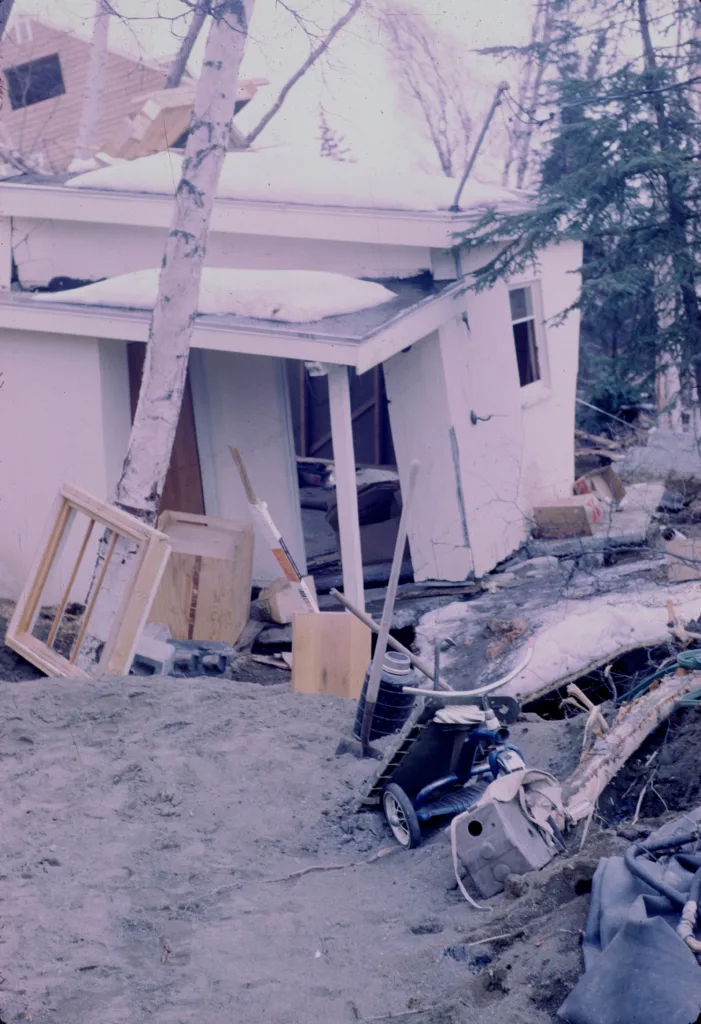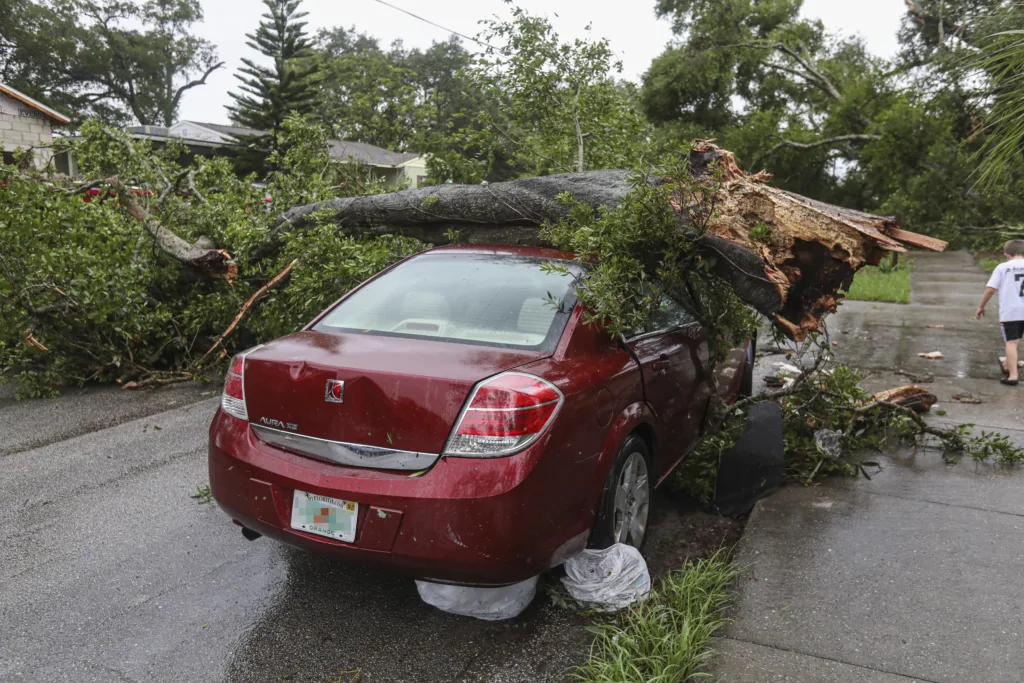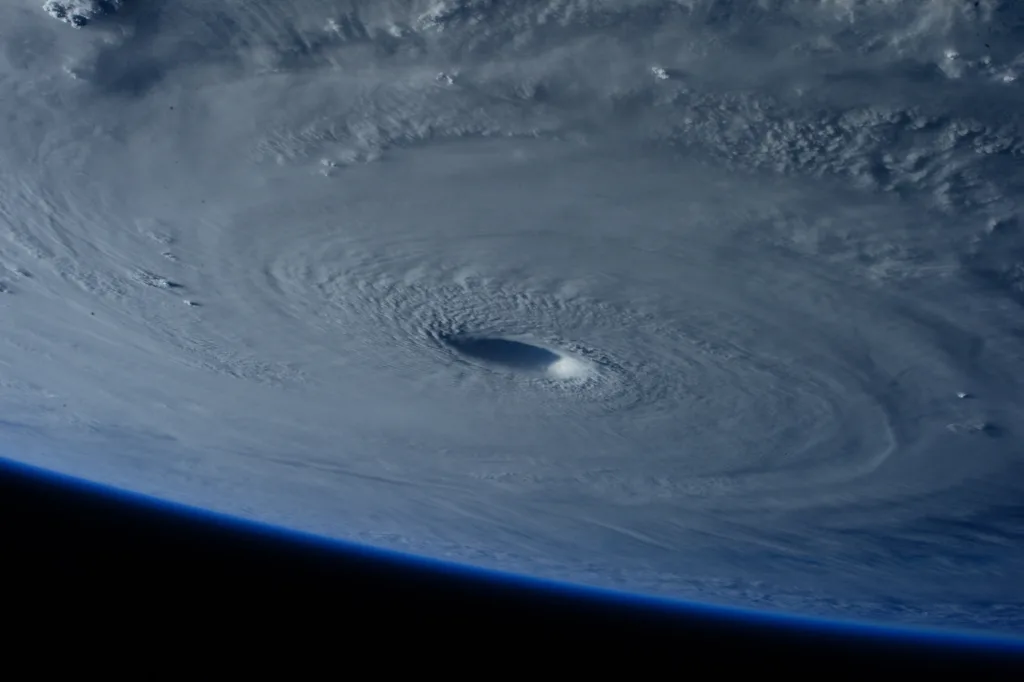In this article, you will gain a comprehensive understanding of the intricate insurance process that follows in the aftermath of a natural disaster. From the initial steps of assessing the damage to navigating the claims process and reaching a fair settlement, this article provides invaluable insights into why having the right insurance coverage is paramount. Whether you are a homeowner, business owner, or renter, familiarizing yourself with the intricacies of the insurance process after a natural disaster will empower you to make informed decisions and ensure fair compensation for your losses.
Table of Contents
Understanding the Insurance Process After a Natural Disaster
Natural disasters can be devastating, wreaking havoc on homes, businesses, and communities. In the aftermath, dealing with insurance claims might feel overwhelming, but having a clear understanding of the insurance process can help you navigate through this challenging time. From gathering documentation to resolving disputes, this article will guide you through each step, ensuring that you are well-prepared to handle your insurance claim.
Gathering Documentation
Before contacting your insurance company, it’s crucial to gather all relevant documentation. This includes policies, photographs or videos of the damaged property, receipts of any repairs or maintenance, and any other evidence that showcases the condition of your property before the disaster. Having comprehensive documentation will strengthen your case and speed up the claims process.
Contacting Your Insurance Company
Once you have gathered all the necessary documentation, it’s time to contact your insurance company. Locate their contact information, which can typically be found on your insurance policy or their website. When reporting a claim, provide detailed information about the damage you have incurred, including the date and cause of the natural disaster. Be sure to note down the claim number provided by the insurance company for future reference.

Filing a Claim
To initiate the claims process, you need to file an insurance claim. This involves submitting a formal request to your insurance company, outlining the details of the damage and the amount you are seeking compensation for. The claim form can usually be obtained from your insurance company’s website or by contacting their claims department. Fill out the form accurately and provide all necessary supporting documentation to ensure a smooth process.
Understanding Your Policy Coverage
Understanding your policy coverage is essential when dealing with insurance claims. Review your insurance policy carefully to determine the specific coverage you have for natural disasters. Take note of any exclusions, deductibles, and limits that may apply. Being familiar with your coverage will help you make informed decisions throughout the claims process and avoid any surprises.

Meeting with an Insurance Adjuster
After filing your claim, your insurance company will likely send an insurance adjuster to evaluate the extent of the damage. The adjuster is responsible for determining the amount of compensation you are eligible to receive based on the terms of your policy. During the meeting, provide the adjuster with all the necessary documentation and be prepared to answer their questions. They may also assess the need for repairs and temporary living arrangements.
Documenting the Damage
When meeting with the insurance adjuster, it is crucial to thoroughly document the damage to your property. Take photographs or videos of the affected areas and provide the adjuster with copies of any documentation you have regarding repairs, maintenance, or the value of your belongings. The more detailed and comprehensive your documentation is, the stronger your case will be when negotiating a settlement with your insurance company.

Discussing Settlement Offers
After evaluating the damage and reviewing your policy, your insurance company will present you with a settlement offer. This offer represents the amount they are willing to pay to cover your losses. Take the time to carefully review the offer, ensuring that it is fair and adequate based on the extent of the damage and the coverage provided by your policy. If you have concerns or believe the offer is insufficient, it’s essential to communicate your position to your insurance company.
Negotiating with Your Insurance Company
In some cases, you may find it necessary to negotiate with your insurance company to reach a fair settlement. This negotiation process may involve providing additional evidence, obtaining expert opinions, or seeking an independent appraisal. Stay calm and professional throughout the negotiation process, clearly articulating your concerns and providing supporting documentation. Keep in mind that insurance companies may be willing to consider additional factors when reassessing their initial settlement offer.

Seeking Legal Assistance
If negotiations with your insurance company reach a standstill, or you believe you are being treated unfairly, it may be time to seek legal assistance. Consult with an attorney specializing in insurance claims to understand your rights and explore legal options. An experienced attorney can guide you through the legal process, help you navigate any disputes, and advocate for fair compensation on your behalf.
Resolving Disputes
Resolving insurance disputes can be a complex and lengthy process. If you find yourself in this situation, consider alternative dispute resolution methods such as mediation or arbitration. These processes provide an opportunity to resolve your claim without going to court, potentially saving time and money. If all else fails, pursuing legal action may be necessary to ensure that you receive the compensation you deserve.
In conclusion, understanding the insurance process after a natural disaster is crucial for effectively navigating the claims process. From gathering documentation to resolving disputes, each step plays a significant role in ensuring fair compensation. By being prepared, communicating effectively with your insurance company, and seeking legal assistance as needed, you can navigate the insurance process with confidence and increase your chances of a successful outcome.


